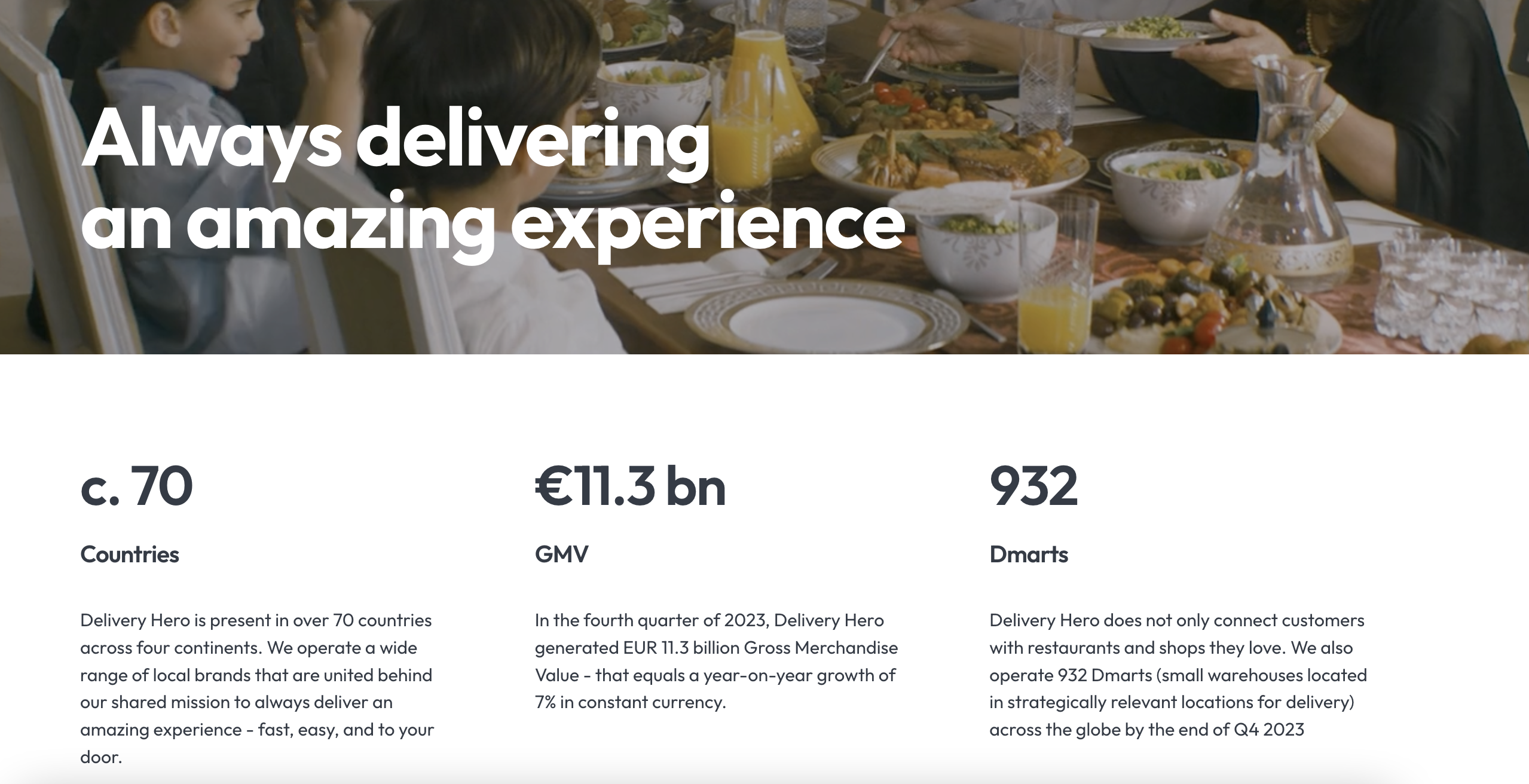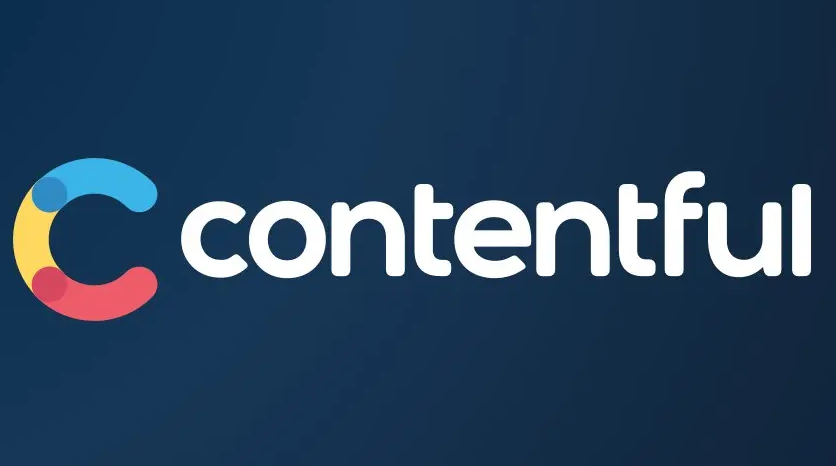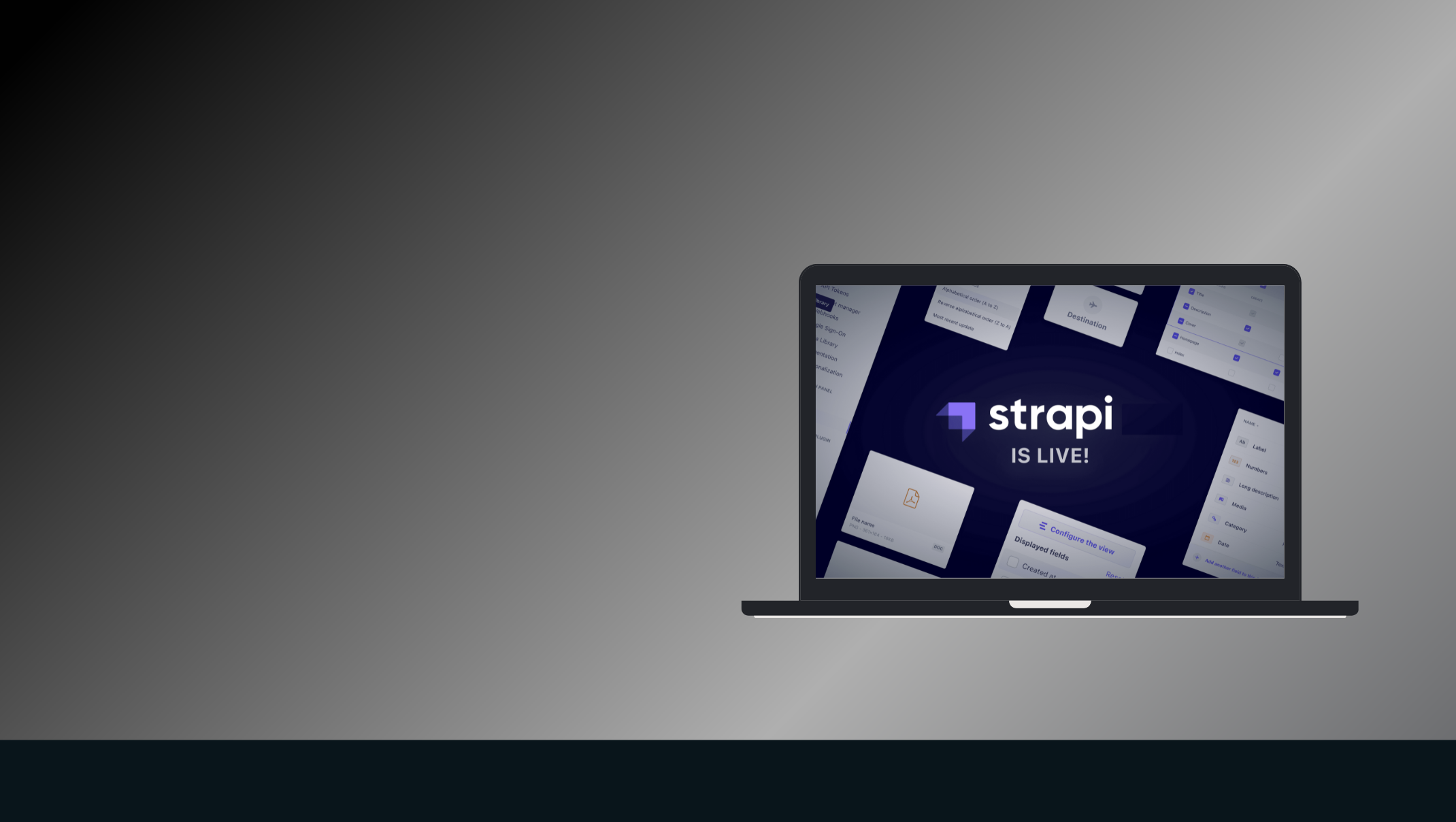
Strapi CMS: Revolutionizing Content Management
by Irina KedyarovaApril 12th, 2024
Summary
What is Strapi CMS?
Is Strapi a backend?
Is Strapi full free?
What are the main advantages of Strapi CMS?
How Does Strapi CMS Work?
Building a store with Strapi CMS
Alternatives to Strapi CMS
FAQs
Scroll down to read all the article.
What is Strapi CMS?
Strapi CMS is an open-source, headless content management system that empowers developers and content creators to efficiently build, manage, and deliver digital content across various platforms. Unlike traditional CMS platforms, Strapi adopts a headless architecture, separating the content management backend from the frontend presentation layer.

This decoupling enables greater flexibility and customization, allowing users to create tailored content structures and deliver dynamic experiences to their audiences. With its user-friendly interface, customizable content models, and flexible API creation capabilities, Strapi streamlines the content management process while offering unparalleled control and scalability. Whether it's powering websites, mobile applications, or e-commerce platforms, Strapi CMS provides the tools and capabilities needed to succeed in today's fast-paced digital world.
Is Strapi a backend?
Strapi can function as a backend for various applications. As a headless CMS, Strapi primarily focuses on managing and delivering content, making it an ideal backend solution for web and mobile applications, as well as IoT devices. Developers can use Strapi to create custom content structures, manage user authentication and authorization, and expose data through RESTful or GraphQL APIs. This backend functionality enables developers to build dynamic and scalable applications while leveraging Strapi's intuitive interface and flexible architecture.
Is Strapi full free?
Strapi is fully free and open-source. Users can download, install, and use Strapi without any licensing fees or subscription costs. This makes it an attractive option for individuals, businesses, and organizations looking for a cost-effective content management solution. Additionally, being open-source allows for community contributions, continuous improvements, and a vibrant ecosystem of plugins and extensions. However, while the core software is free, users may incur costs for hosting, maintenance, and additional services depending on their specific requirements and hosting environment.
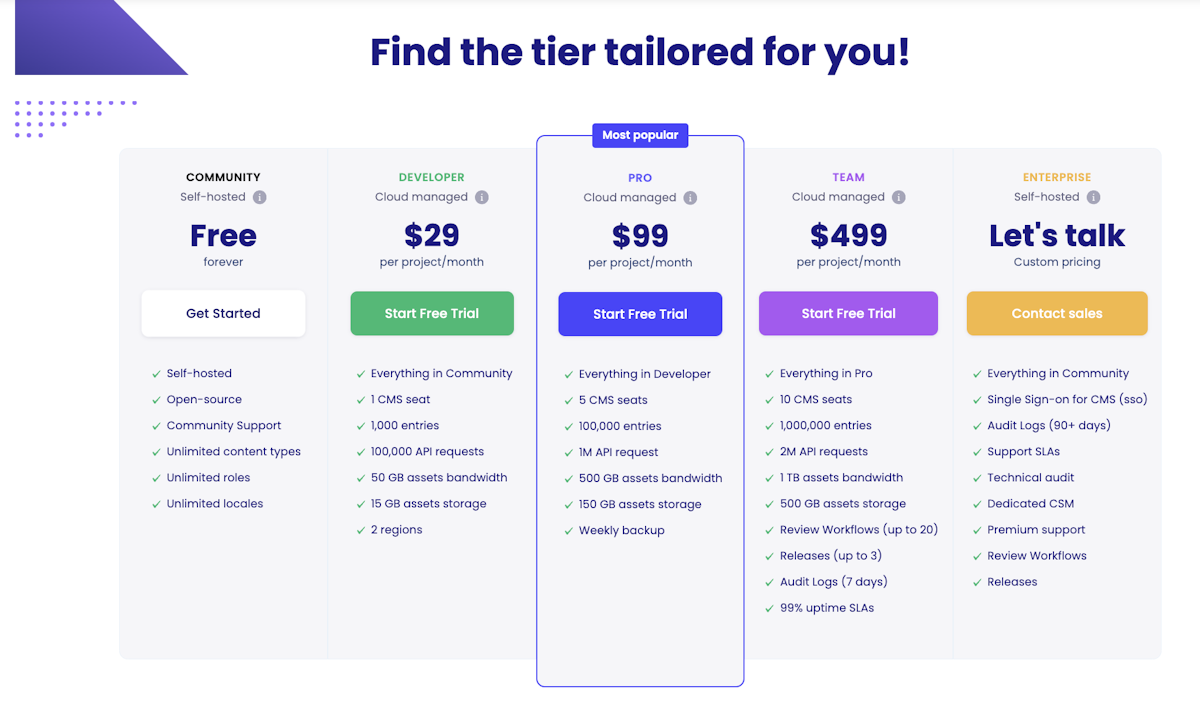
What are the main advantages of Strapi CMS?
Strapi CMS offers several key advantages that set it apart from traditional CMS platforms:
Strapi provides unparalleled flexibility, allowing users to define custom content structures and adapt their CMS environment to suit their specific needs. This flexibility enables developers to create tailored solutions for a wide range of applications.
Whether managing a small blog or a large-scale enterprise application, Strapi scales effortlessly to meet the demands of any project. With support for horizontal scaling and distributed architectures, Strapi ensures optimal performance and reliability under heavy workloads.

As an open-source platform, Strapi is free to use, making it a cost-effective choice for businesses of all sizes. Without the need for licensing fees or subscription costs, users can allocate resources more efficiently, focusing on building and managing digital content without breaking the bank.
Strapi boasts a vibrant and active community of developers, contributors, and users who are passionate about shaping the future of content management. This community provides invaluable support, resources, and plugins, ensuring that users have access to the tools and assistance they need to succeed.

Security is paramount in content management, and Strapi excels in providing robust authentication and authorization mechanisms. With features such as role-based access control and JWT token authentication, Strapi ensures that only authorized users can access and modify content securely.
Overall, the combination of flexibility, scalability, cost-effectiveness, and community support makes Strapi CMS a compelling choice for developers, content creators, and businesses looking to streamline their content management workflows and deliver exceptional digital experiences.
How Does Strapi CMS Work?
Strapi CMS operates on a headless architecture, separating the backend content management functionality from the frontend presentation layer. Here's how Strapi works:
1) Content Modeling
Users start by defining custom content types and structures using Strapi's intuitive interface or code editor. These content models can include various fields such as text, images, videos, and relationships between content types.
2) Content Management
Once content models are defined, users can create, edit, and manage content within Strapi's user-friendly interface. This includes adding new entries, updating existing content, and organizing content into categories or sections.
3) API Endpoints
Strapi automatically generates RESTful or GraphQL APIs based on the defined content models. These APIs expose structured data to frontend applications, enabling seamless integration with websites, mobile apps, and other digital platforms.
4) Authentication and Authorization
Strapi provides robust authentication and authorization mechanisms to secure access to content and API endpoints. This includes features such as role-based access control, user authentication, and token-based authentication using JWT (JSON Web Tokens).
5) Customization and Extensions
Strapi's extensible architecture allows users to customize and extend its functionality through plugins and integrations. This includes adding new features, integrating third-party services, and enhancing core functionality to meet specific requirements.
6) Hosting
Hosting refers to where your Strapi application is stored and made accessible to users. You can choose from traditional servers, cloud platforms like AWS or Heroku, or containerized environments using Docker, depending on your needs and preferences.
7) Deployment
Deployment involves making your Strapi application available for use by hosting it on a server, cloud platform, or containerized environment. It's the final step in the development process, ensuring that your application is accessible to users.
In summary, Strapi CMS simplifies content management by providing a flexible and scalable platform for creating, managing, and delivering digital content. Its headless architecture, coupled with robust features and customization options, makes it an ideal choice for developers and content creators looking to build dynamic and engaging digital experiences.
Building a store with Strapi CMS
Alternatives to Strapi CMS
WordPress
WordPress is a widely-used CMS known for its versatility and extensive plugin ecosystem. While primarily focused on traditional website development, WordPress can also be used for headless CMS applications with plugins like WPGraphQL.

Contentful
Contentful is a headless CMS designed for enterprises and developers, offering a user-friendly interface, powerful content modeling capabilities, and robust API support. It's particularly well-suited for large-scale projects requiring advanced content management features.
GraphCMS
GraphCMS is a headless CMS optimized for GraphQL-based development, offering a GraphQL API-first approach, flexible content modeling, and real-time collaboration features. It's popular among developers building GraphQL-powered applications and websites.
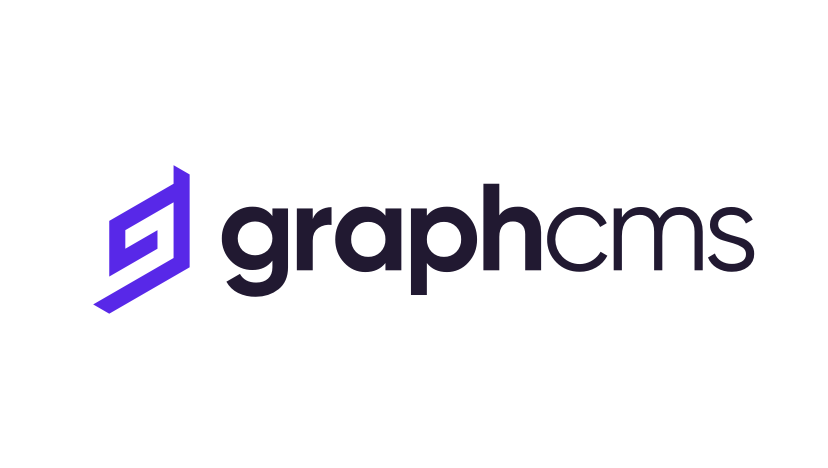
Directus
Directus is an open-source headless CMS that provides a flexible and extensible platform for managing content. It offers a self-hosted option, real-time updates, and a customizable data architecture, making it suitable for developers seeking full control over their CMS environment.
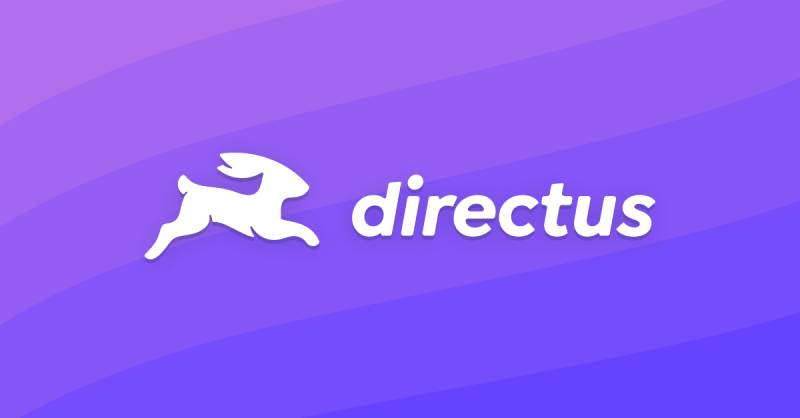
Prismic
Prismic is a headless CMS focused on delivering structured content for web and mobile applications. It offers a visual editor for content creation, flexible content modeling, and RESTful API support, making it suitable for a wide range of projects.
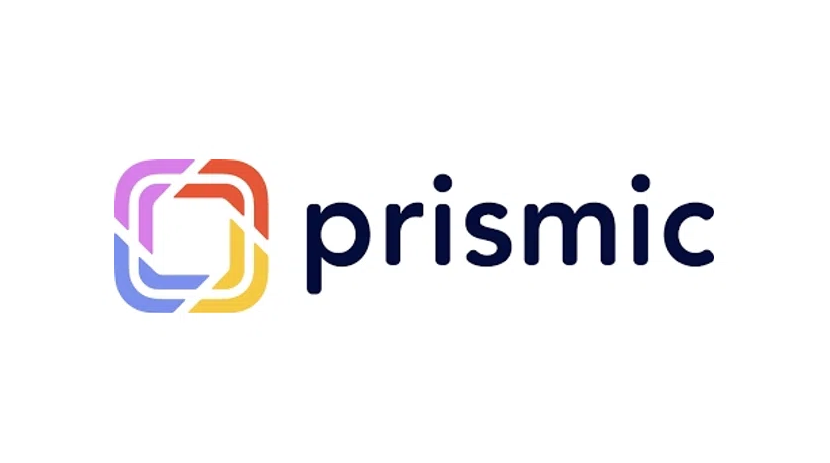
Sanity
Sanity is a headless CMS with a focus on structured content and real-time collaboration. It offers a customizable content studio, version control features, and a GraphQL API, making it suitable for projects requiring complex content modeling and editorial workflows.
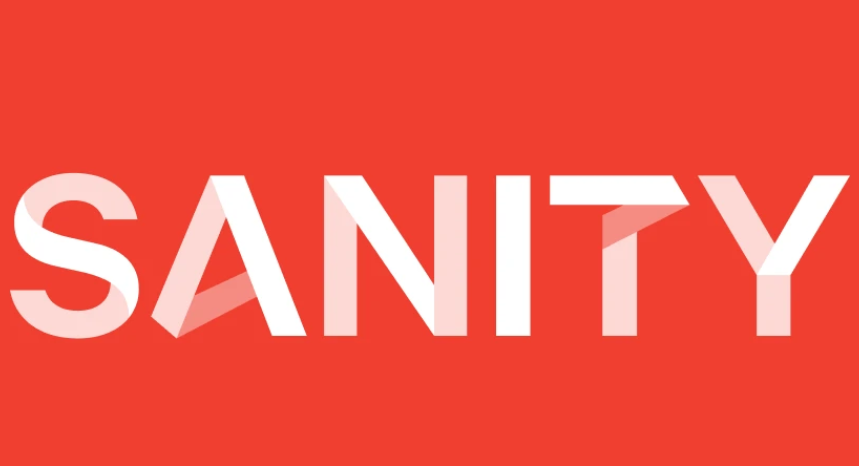
Kentico Kontent
Kentico Kontent is a cloud-based headless CMS offering content management, collaboration, and localization features. It provides a visual editor for content creation, multichannel content delivery, and integrations with popular development frameworks.
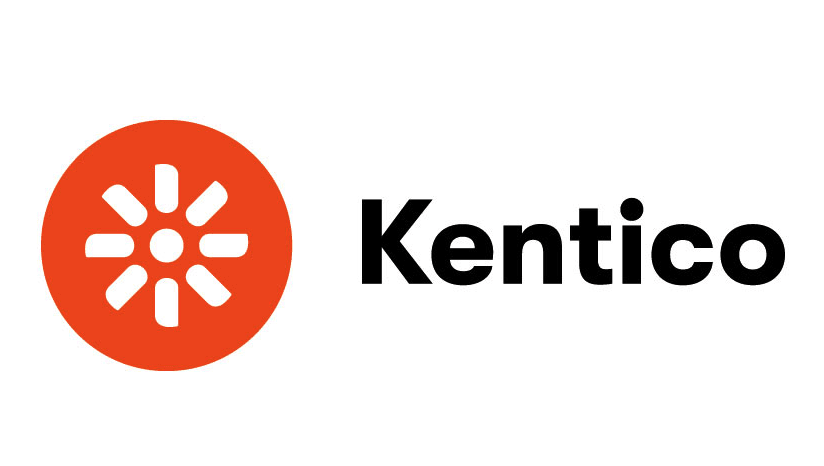
These alternatives offer a range of features and functionalities tailored to different use cases and preferences. When choosing a CMS, it's essential to consider factors such as scalability, ease of use, developer support, and integration capabilities to find the best fit for your project.
Best Frequently Asked Questions (FAQs)
Strapi CMS stands out with its headless architecture, separating content management from presentation, providing greater flexibility and control over content delivery compared to traditional CMS platforms.
Yes, Strapi CMS is highly scalable and can handle large-scale projects with ease. With support for horizontal scaling and distributed architectures, Strapi ensures optimal performance and reliability under heavy workloads.
Yes, Strapi is open-source and free to use, making it an affordable choice for businesses of all sizes. There are no licensing fees or hidden costs, allowing you to focus on building and managing digital content without breaking the bank.
Strapi CMS provides robust authentication and authorization mechanisms, including role-based access control and JWT token authentication, to ensure that only authorized users can access and modify content securely.
While Strapi CMS is primarily aimed at developers, its user-friendly interface and intuitive content management tools make it accessible to non-technical users as well. With comprehensive documentation and guides, users can quickly learn to create and manage content without extensive technical knowledge.
In conclusion, Strapi CMS represents a paradigm shift in content management, offering unparalleled flexibility, scalability, and cost-effectiveness. Whether you're a developer looking to streamline content delivery or a business seeking to enhance digital experiences, Strapi provides the tools and capabilities you need to succeed in today's digital world.
Leave your comment
Your feedback is very important to us. Share your thoughts on what you read, or tell your own story.
Rating
Readers also enjoyed

In today's digital age, e-commerce has revolutionized the way businesses operate and consumers shop. One significant development in the e-commerce landscape is the emergence of multivendor marketplaces. These platforms have gained immense popularity due to their ability to connect sellers with a vast pool of customers and provide a seamless shopping experience. This article delves into the concept of multivendor marketplaces, exploring their benefits, challenges, and their impact on the e-commerce ecosystem.
July 17th, 2023

In the ever-evolving world of web development and technology, the Jamstack has emerged as a powerful approach for building fast, secure, and scalable websites. As businesses strive to provide seamless user experiences and leverage the latest advancements in web development, the need for Jamstack agencies has become increasingly important. In this article, we will explore the concept of a Jamstack agency, its benefits, and why it can be a game-changer for your web development projects.
July 14th, 2023
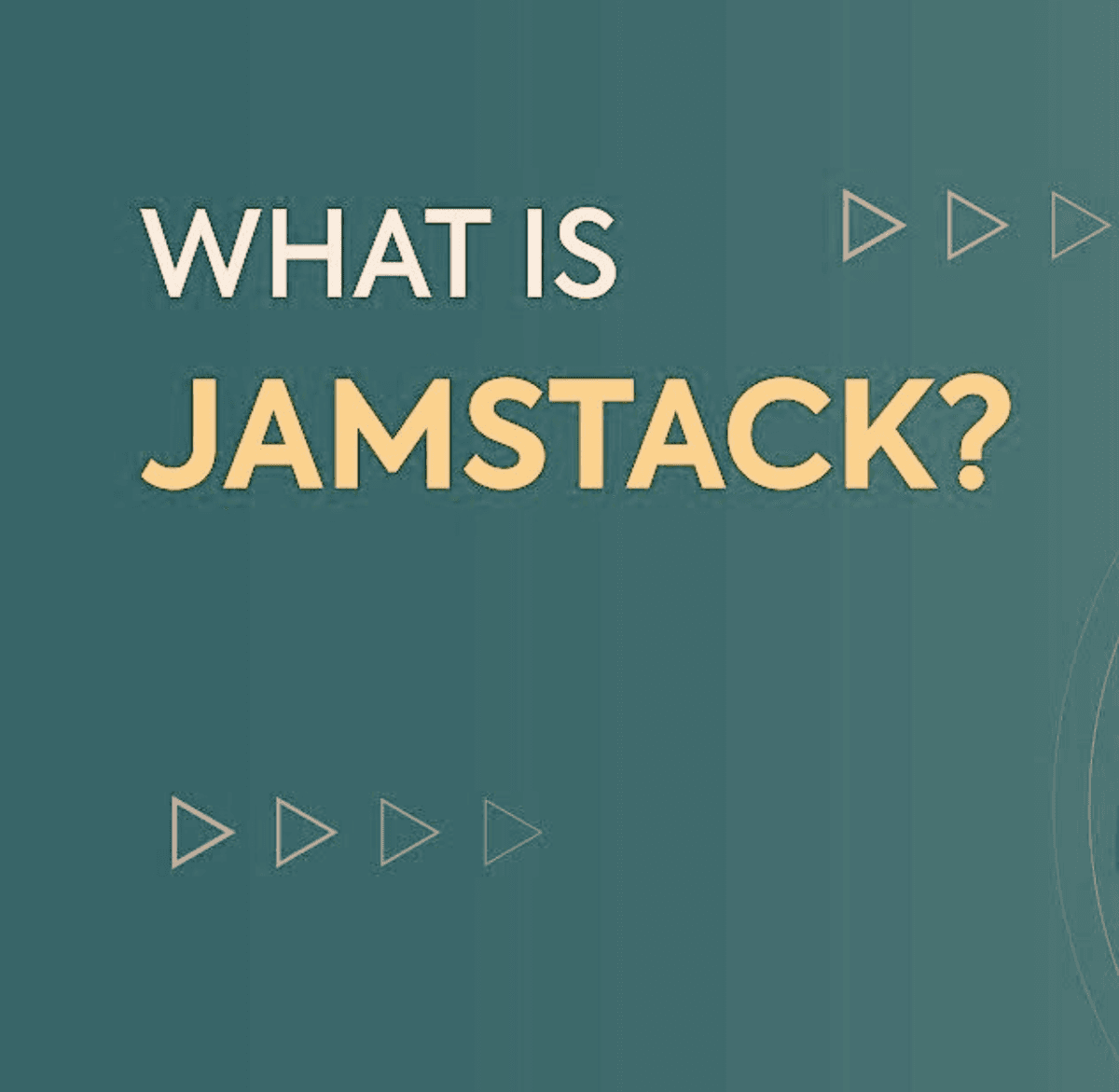
In the fast-paced world of web development, staying ahead of the curve is essential. One approach that has gained significant attention is Jamstack CMS. This article aims to unravel the concept of Jamstack CMS, its advantages, implementation best practices, and more. Whether you're a seasoned developer or a content creator looking to enhance your website's performance, join us as we dive into the fascinating realm of Jamstack CMS. By the end of this article, you'll have a solid understanding of how Jamstack CMS can revolutionize your web development workflow. So, let's embark on this journey and unlock the potential of Jamstack CMS together!
July 13th, 2023
Contact Us
Our email is manager@alt-team.com
Please, do not hesitate to contact us via e-mail or use the form below if you need a quote for your E-commerce project or have any questions about our products or services. We will be glad to answer you in a short time.

